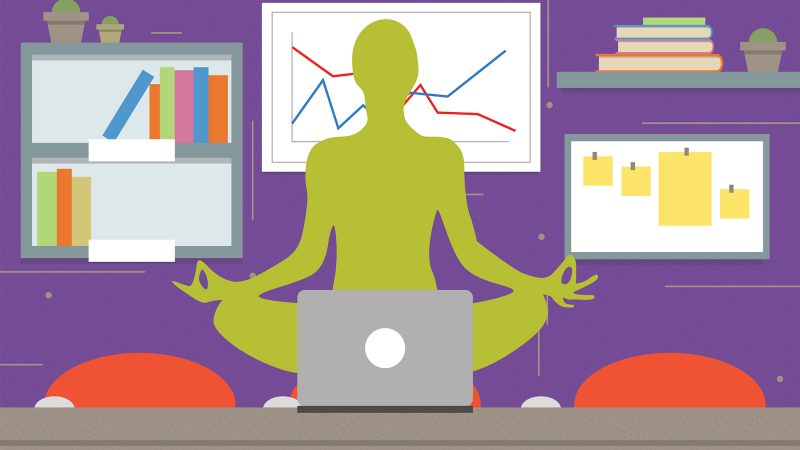
How To Slow Down In A Fast-Paced Agency World
When you’re given a new project, it’s easy to go into autopilot and want to start right away to finish as soon as possible. However, before starting, try to dedicate a few minutes to thinking of any potential problems or questions you may have noted before diving in, and how you might want to tackle the assignment. Be rational: do you even have all the information you need to complete the project, or do you need to do some further research first? Remember to give yourself some time to think and draw logical conclusions about the project at hand.
Communicate with the client (or the project lead) to make sure that all expectations are understood and clear from the beginning.
To make more efficient use of your time before starting, confirm that you have a correct understanding of what the project entails and any important deadlines to keep in mind. That way, you are headed in the right direction from the get-go and won’t be halfway through the project before realizing that what you’ve done isn’t actually what the client was looking for.
Create your own action plan.
How are you going to get your project done for your client by the deadline? In this step, I usually create mini-deadlines or internal goals for myself – for example, when writing a press release, I budget the time I’m allotted to account for research, writing the first draft, editing, and so on. By forming a mental checklist for myself, I not only keep myself on track, but am able to make sure each stage of the project is completed thoroughly.
If you finish before the deadline, take a break and come back to the project later, before turning it over to the client or account lead for review.
By allowing yourself to take a break and come back with fresh eyes, you are giving yourself the opportunity to think of an idea to include that may not have occurred to you the first time around, or even a completely new — and better — angle for the project that the client will love. You may end up having a breakthrough if you let the assignment sit for a while, and you’ll also be able to catch those grammatical or spelling errors you didn’t realize you made.
If all else fails, take a deep breath and remind yourself to relax – the work will get done!
Ultimately, slowing down will help you pay closer attention to detail, which will enhance your productivity in the long run. It may feel painful at first and as if you’re not being efficient, but after a while, it will become second nature. Being efficient is important, but so is serving the needs of a client to the best of your abilities, and that all starts with mindfulness and slowing down.
Keep in mind: people may not remember how fast you did it, but they will remember how well you did it!